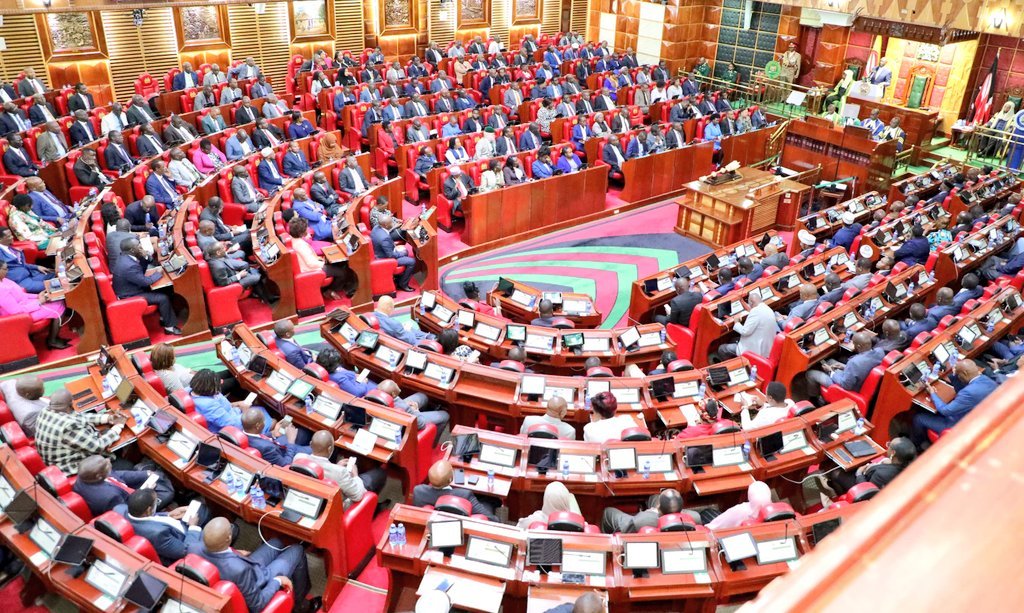By Alex Kanyi
Kenya has begun to implement the Public Benefit Organisations (PBO) Act, which enhances societal progress by advocating issues of public interest, marking the end of a decades-long court battles and opposition from various administrations.
The new legislation replaces Non-Governmental Organisations Co-ordination Act of 1990, but questions linger about the impact it will have on civil society and PBOs. Will it do enough to spur societal progress?
With the robust regulatory framework governing non-profit entities in Kenya, PBOs now have certainty about the registration process, compliance issues and generally how to carry out their activities as the Act will increase accountability, improve governance and provide an enabling environment for civil society to thrive.
Essentially, the Act would support PBOs to meet the diverse needs of Kenyan people, protect internationally recognised freedoms, promote compliance, enhance collaboration between PBOs and the Government, provide transparent registration procedures, and strengthen civil society.
In what could be a healthy mix of distinguished civil society members, principal secretaries from relevant ministries, the Attorney-General, and other key officials, the Act establishes the PBOs Regulatory Authority, replacing the infamous NGO Board.
The Authority’s main powers include registering and deregistering PBOs, maintaining a PBO register, interpreting national policy, reviewing annual reports, advising the government on PBOs’ roles, and providing training.
Registered PBOs enjoy several benefits, including tax exemptions on income, interest, dividends, and gains from assets, as well as exemptions from stamp duty and court fees. They also receive preferential treatment for value-added tax (VAT) and customs duties on imported goods or services used to further their public benefit purpose.
Additionally, PBOs benefit from incentives for donations and have access to government training programs and partnerships.
Registration process
Fortunately, every NGO registered under the repealed NGO Act will be deemed to be registered as a PBO under the new Act. They are, however, required to be registered as a public benefit organisation under the PBO Act within the next year. NGOs that fail to comply with this requirement will cease to have PBO or similar status 30 days after the expiration of the notice period. New NGOs must register under the PBO Act.
Once published, the Regulations to the PBO Act will stipulate the timelines for registration of a PBO as well as the statutory forms required to file various applications with the Authority.

Self-regulation at its core
A federation is established under the PBO Act as an umbrella organisation for all PBOs. The Federation aims to provide leadership on matters of interest in the sector, promote self-regulation, co-ordinate self-regulation forums, monitor the performance of self-regulation forums, advise the Authority on the development of PBOs, advise donors and the Authority on matters concerning the sector, as well as capacity building for PBOs.
Compliance requirements
PBOs must maintain proper records, prepare annual financial statements, and report annually to the Authority. Changes in governance or constitutional amendments must be promptly reported. The Act also specifies penalties for fraudulent activities and non-compliance, emphasising the importance of integrity within the sector.
The PBO Act signals a transformative step in the right direction for civil society. With this, we can better foster a structured and supportive environment where PBOs can thrive, and thus, so can society. It not only enhances accountability and governance but also fortifies the collaboration between the government and non-profit entities.
This pivotal change heralds a promising future for public benefit activities in Kenya, ensuring civil society continues to play a critical role in the country’s progress and growth together with all Kenyans.
The writer is a tax and exchange control partner at Cliffe Dekker Hofmeyr (CDH) Kenya


